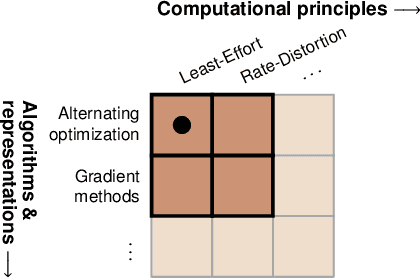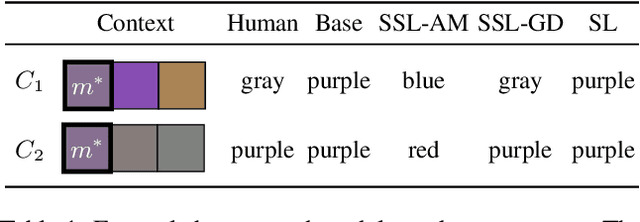Scalable pragmatic communication via self-supervision
Paper and Code
Aug 12, 2021


Models of context-sensitive communication often use the Rational Speech Act framework (RSA; Frank & Goodman, 2012), which formulates listeners and speakers in a cooperative reasoning process. However, the standard RSA formulation can only be applied to small domains, and large-scale applications have relied on imitating human behavior. Here, we propose a new approach to scalable pragmatics, building upon recent theoretical results (Zaslavsky et al., 2020) that characterize pragmatic reasoning in terms of general information-theoretic principles. Specifically, we propose an architecture and learning process in which agents acquire pragmatic policies via self-supervision instead of imitating human data. This work suggests a new principled approach for equipping artificial agents with pragmatic skills via self-supervision, which is grounded both in pragmatic theory and in information theory.
 Add to Chrome
Add to Chrome Add to Firefox
Add to Firefox Add to Edge
Add to Edge